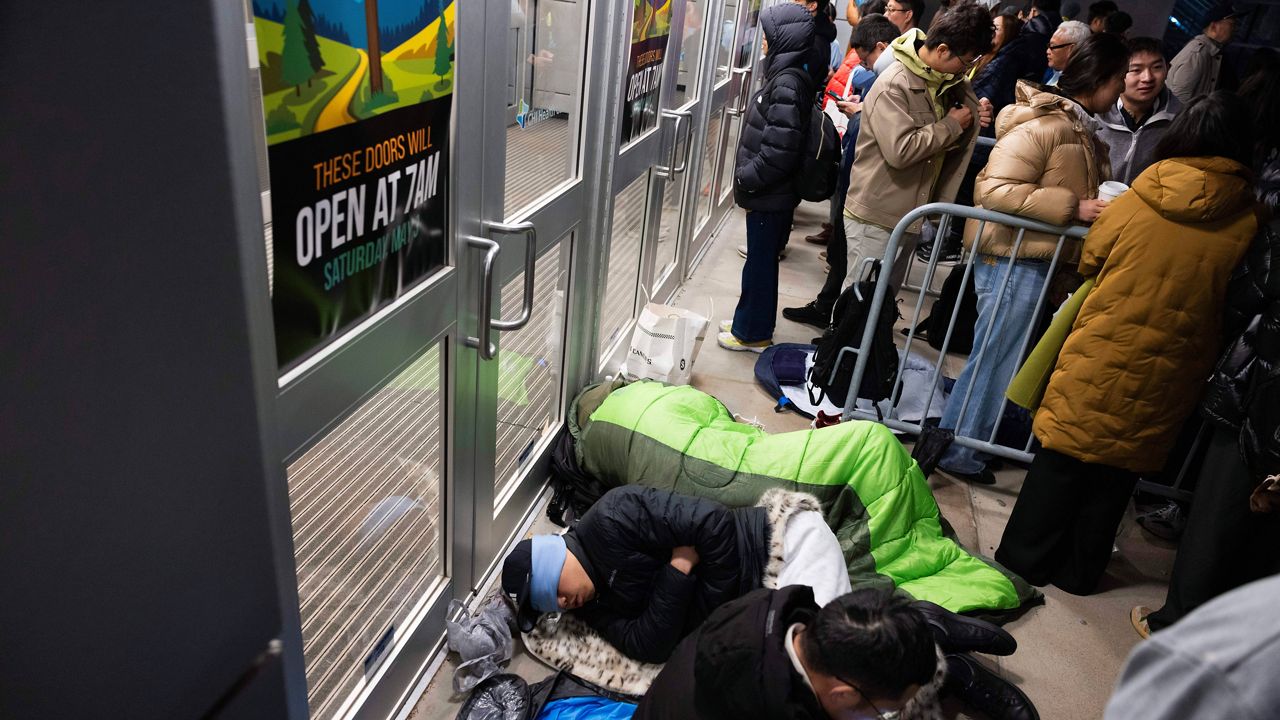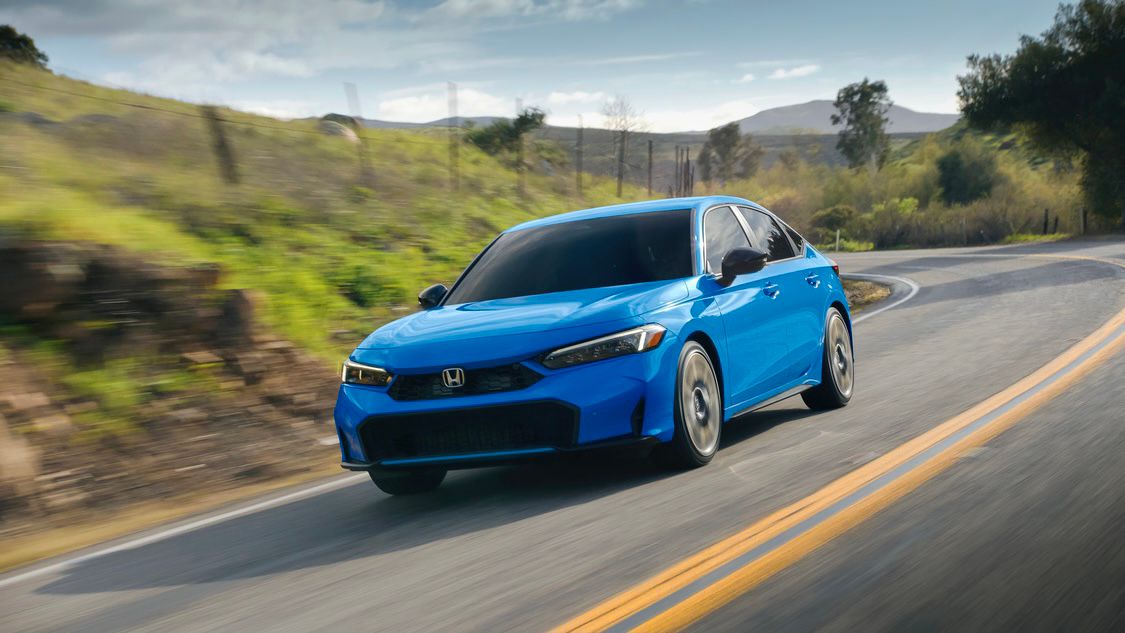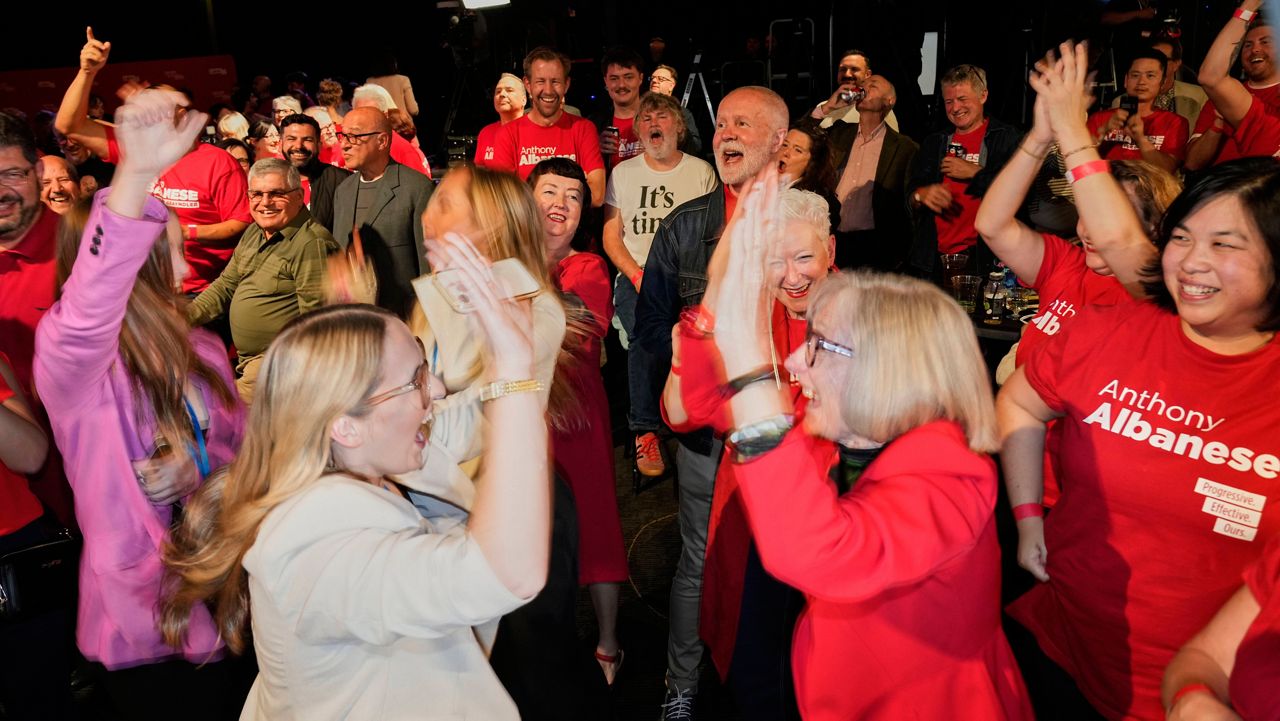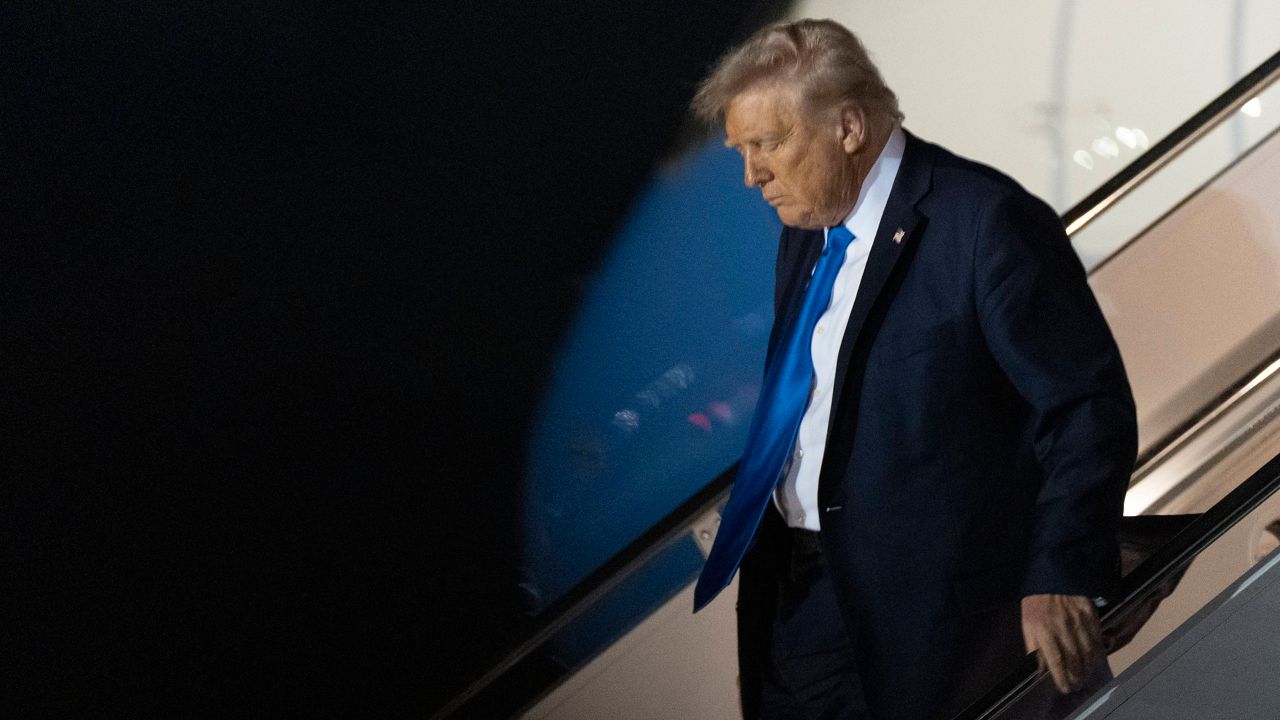The last decade of U.S. politics has seen entrenched partisanship, chaotic election cycles, a loss of public faith in the Supreme Court and other key institutions, a Republican president impeached twice and arrested four times, a Democratic president now possibly facing an impeachment of his own, rising political violence and a violent insurrection that came close to upending the country’s democratic process.
The tumult and dysfunction has left nearly two-thirds of Americans lacking confidence in the future of the nation’s democracy as it marches deeper into its third third century, according to a Pew Research Center study titled “Americans’ Dismal Views of the Nation’s Politics” and released on Tuesday.
Just 4% of U.S. adults believe the political system is working “extremely” or “very well,” the poll data shows. A sizable majority, 63%, said they have “not too much” or “no confidence at all” in the future of the political system.
“Americans have long been critical of politicians and skeptical of the federal government. But today, Americans’ views of politics and elected officials are unrelentingly negative, with little hope of improvement on the horizon,” the Pew researchers wrote. “Majorities say the political process is dominated by special interests, flooded with campaign cash and mired in partisan warfare. Elected officials are widely viewed as self-serving and ineffective.”
Neither Republicans nor Democrats escape criticism from the American public: 28% are dissatisfied with both parties and a quarter feel they aren’t represented by either party. And while Republicans and Democrats had favorable views of their respective parties, 61% of all adults had an unfavorable view of the GOP and 60% held the same view of the Democratic Party.
And since 2018, the view that the quality of the nation’s political candidates is good has fallen roughly 20 percentage points to just 26%. Ahead of the 2024 election, 63% aren’t pleased with any of the candidates who are running so far.
“In an era defined by partisan polarization, the parties share little common ground politically. But they do share a deep unhappiness with the current state of politics,” the study’s authors concluded.
A vast majority — nearly 90% — agreed that the statement “Republicans and Democrats are more focused on fighting each other than on solving problems” was an apt descriptor of the state of modern politics. And those fights receive too much attention, 57% respondents said. Instead, 78% agreed that important issues aren’t getting enough focus.
Younger people in particular are left feeling unsatisfied with their options: 35% of 18 to 49 year olds hold unfavorable views of both parties, compared to 24% of the ages 50 to 64 cohort and 16% adults older than 65.
With such low opinion of current politicians and existing government infrastructure, Americans are eager for significant change, the poll shows. Term limits for Congress, age limits for the president and the Supreme Court, the elimination of the Electoral College and automatic voter registration are supported by vast majorities of the American public — to the tune of at least 65% and as much as 87% in support of each policy.
Expanding the Supreme Court — a goal of many Democrats after Donald Trump was able to appoint three justices to give the court a 6-3 conservative majority and Barack Obama was blocked from filling an open seat in his final year in office — is opposed by a narrow majority of 51%, compared to 46% in favor. Two-thirds of Democrats support the idea, while only 27% of Republicans agree. Among all adults ages 18 to 29, the policy has 58% support, including 44% of Republican voters in that age range.
Ultimately, Americans are overwhelmed by politics and disappointed with their political leaders and institutions, the data shows.
When thinking about politics, 65% said they alway or often feel exhausted and 55% are angered. Just 10% have hope with any frequency and only 4% feel excited by the politics of the day. Asked by pollsters to offer a word or phrase that summarized their feelings about U.S. politics, just 2% of the nearly 8,500 adults polled in July used “positive terms.”
Just under 80% used “negative or critical” words, according to the study. “Divisive” and “corrupt” were most commonly used with “sad,” “disgusting,” “joke,” “confusing” and an expletive not far behind.







